Providing care to individuals, responding to disasters
What are the challenges, limitations, constraints, paradoxes and potential breakthroughs of humanitarian medicine, which specialises in treating marginalised and deprived populations affected by crises? Deconstructing a number of “healthcare utopias,” the studies contained in this volume review the history of global health innovations to which MSF has contributed. They also explore the current state of knowledge, practices and concerns relating to certain focus areas, such as nutrition, AIDS, water supply, food aid, reconstructive surgery, epidemic response, surveillance and disaster epidemiology.
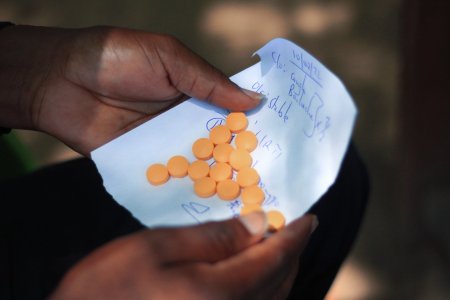 Video
Video
Doing Drugs – Video briefing on access to medicines
02/03/2022On 3rd and 4th February 2022, the CRASH organised a workshop aimed at the leaders, operational managers and members of MSF France, to shed light on the current debates on access to medicines, and to determine together which issues are the most relevant to resolve. In preparation for this workshop, the CRASH asked experts external to MSF to explain their vision of today’s pharmaceutical industry system, with subjects that ranged from pre-development to distribution, and included patents and quality-related issues.
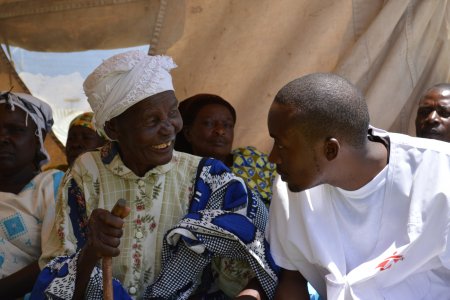 Jean-Christophe Nougaret/MSF
Analysis
Jean-Christophe Nougaret/MSF
Analysis
About the possibility of controlling an HIV epidemic hotspot
11/14/2021This article was first released in the 18th volume of the Humanitarian Alternatives magazine. Designed to reduce the incidence of HIV/AIDS in a Kenyan district, a Médecins Sans Frontières project successfully exceeded the “90-90-90” target set by UNAIDS. A look back on the results that the authors of this article - Pierre Mendiharat, Deputy director of operations at MSF France and Léon Salumu Luzinga, Program manager at MSF France, interviewed by Elba Rahmouni - believe are encouraging but by no means a guarantee that the epidemic will be over by 2030.
 Bryan Jaybee
Cahier
Bryan Jaybee
Cahier
Representations of HIV and impact on care seeking among the men of Homa Bay, Kenya
06/09/2020This study, conducted among the men of Homa Bay in Nyanza Province, Kenya, assesses the representations of HIV and impact on care seeking. It reveals that simply setting up a testing or care campaign does not necessarily mean that the entire population will participate; the message has to be tailored to the target population and fine-tuned even within that population.
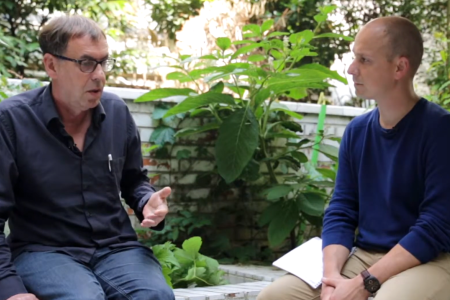 Video
Video
The 20th anniversary of the MSF Access Campaign
06/03/2019To address the political, economic and legal barriers to patients' access to life-saving treatments, MSF created, in 1999, the Access Campaign (the Campaign for Access to Essential Medicines). In these videos, Jean-Hervé Bradol, doctor and crash study director, answers questions from Andrea Bussotti (MSF-France Operational Communication Manager). In the light of the historical background of the early days of the Access Campaign, he analyses the medico-operational context of the Campaign today and asks himself the question of its objectives.
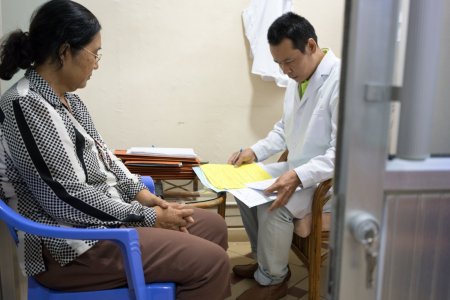 Todd Brown
Analysis
Todd Brown
Analysis
Literature review on the evaluation of the quality of care from a patient’s perspective
02/15/2019The study The Patient Perspective of Quality of Care: A Review of the Literature, which we present here was carried out by Hannah Barnett a public health student at George Washington University, intern with CRASH from June to August 2018. This work sums up seventy articles from a variety of disciplines including medicine and public health. It is part of a reflection initiated by MSF a few years ago on medical quality and the patient-centered approach.
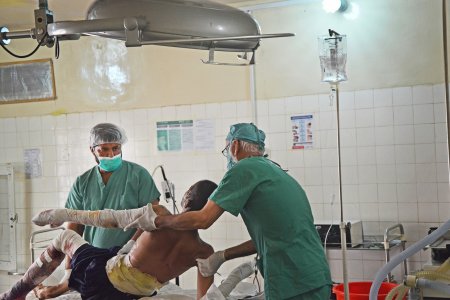 Kate Stegeman
Review
Kate Stegeman
Review
Review "Medical Humanitarianism: Ethnographies of practice"
03/30/2017Michaël Neuman's review of "Medical Humanitarianism: Ethnographies of practice" edited by Sharon Abramowitz and Catherine Panter-Brick (Philadelphia: University of Pennsylvania Press, 2015)
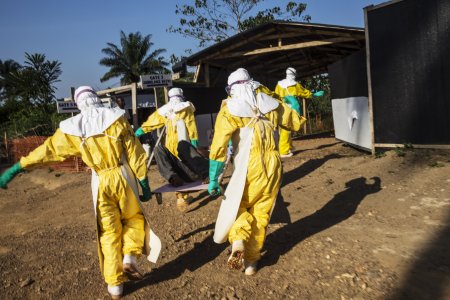 Anna Surinyach
Cahier
Anna Surinyach
Cahier
Médecins Sans Frontières and medical quality
01/01/2017The question of quality in the work of Médecins Sans Frontières has been asked from the very beginning of MSF's existence. On the one hand, the issue of improving the quality of practice is a part of ordinary professional activity; on the other hand, Médecins Sans Frontières' work involved working in distant lands and very specific environments, which demanded adjustments to medical practice as a result.
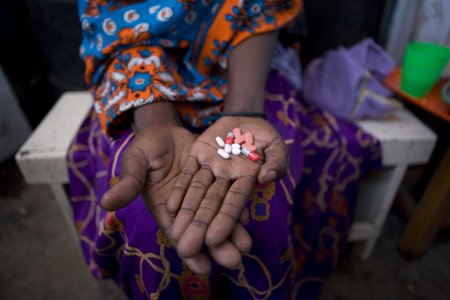 Brendan Bannon
Analysis
Brendan Bannon
Analysis
Deadly Gaps Persist in New Drug Development for Neglected Diseases
10/30/2013The Drugs for Neglected Diseases initiative (DNDi) and other researchers, including MSF-Crash Dr. Jean Hervé Bradol, report a persistent deficiency in truly new therapeutics for neglected diseases, despite nominal progress and an acceleration in research and development (R&D) efforts.
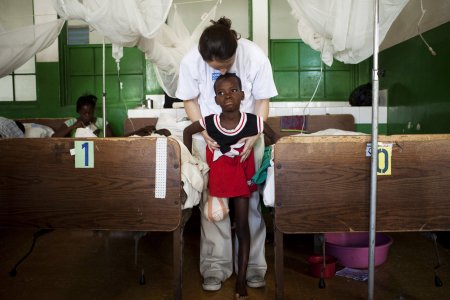 William Daniels
Cahier
William Daniels
Cahier
Disabilities and Medicine. A survey of the Amman surgical reconstruction project 2012
10/02/2013Our survey bears something of a resemblance to a study carried out by Vanja Kovacic in Homa Bay, Kenya, in which she investigated patients’ disease coping mechanisms and their “dependence on medical institutions”.
